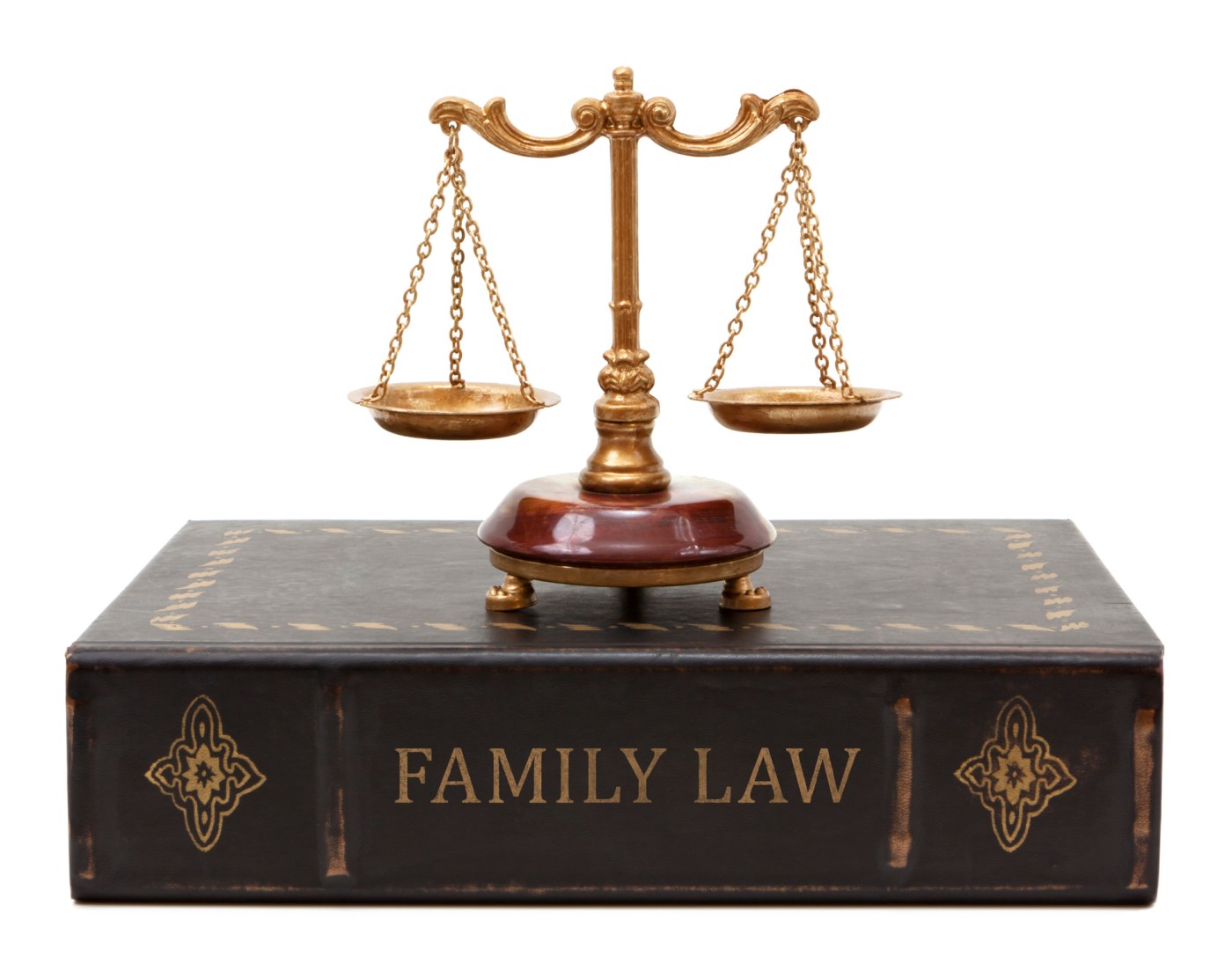
When to bring up what ex said during divorce trial
Q. I am representing myself and we started trial last week. My husband’s divorce lawyer objects to everything I try to say. The judge is getting mad at me and keeps saying I can’t talk about what people said. Except my husband has been allowed to talk about some of what I said.
Also as far as I can tell it is not OK to talk about what we said to each other but it is OK to show emails we sent each other to the judge.
Can you help me understand the rules about when we can talk about what someone said? Our next day of trial is next month and I will get to cross examine my husband.
A. Rules of evidence are complicated and take years to truly understand.
In a nutshell, married people cannot testify about what is said to each other because of the marital exclusion. There are some exceptions – if you can show someone else was in the room at a time a conversation happened then it is not a private communication and you can testify about who said what. If you put something in writing, it has become a document that anyone could potentially read. This means emails, text messages, letters, cards, etc. are all evidence that can be offered to a judge during a trial.
If you have not already identified documents you want to show the judge as your evidence, you need to pull together any relevant documents ASAP and send copies to your husband’s lawyer explaining that you misunderstood the rule and you want to offer these documents as additional exhibits. She will probably object but if there is sufficient time before the next day of trial, the judge might let you do it. If you are told you cannot use the emails or texts because the trial order required you to produce them in advance, don’t get discouraged.
During your cross examination, you can ask your husband questions and if he denies doing something or sending a certain email, you can use the document to impeach him by showing it to him. If the writing contradicts his testimony, ask the judge to make it an exhibit.
If you are repeating what someone said for a reason other than to show the truth of the statement, the statement might be admissible. Keep this in mind when your husband is testifying. If you think he is testifying improperly, stand up and object.
Email questions to whickey@brickjones.com


